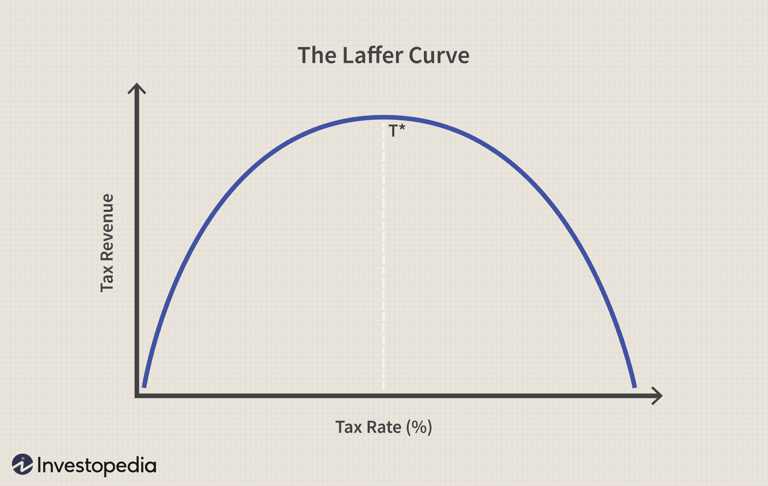


MARGIN CALL Sums it up. Be first not last.

20 JULY 2025

29 August 2025


28 August 2025
LIAM HALLIGAN Covers Everything
24 August 2025

3 September 2025

3 September 2025
Plan. You don't plan to fail. So be prepared as best you can. Remember your loss will eventually be someone else's gain. Minimise it. If you survive and have a bit to spare you should be able to pick up some bargains. If all this does not happen you have lost nothing and you can carry on as normal.
The question is who is going to bale us out if the IMF is not big enough? America? They have their own problems

29 August 2025
3 September 2025
BUDGET 26 October 2025

Liam Halligan covers everything I was taught. His knowledge and experience will be far greater than mine. I cannot agree more than with his analysis. He gave a slightly mild varnished view. He left out heading for financial armageddon which will happen in 2026.
It certainly will be for bust businesses. I know what happened last time it was not pretty. It will come back limping in the third year. Austerity? Makes me laugh the last lot will look like sunny days and parties
We are in a Doom Loop?
In economics, a doom loop describes a situation in which one negative economic condition creates a second negative condition, which in turn creates a third negative condition or reinforces the first, resulting in a downward spiral.
To you and me it's a fancy expression for the domino effect

WTFC Episode 5 – Liam Halligan talks to leading Canadian podcast about UK's looming fiscal crisis




Liam Halligan covers everything. What puzzled me was how interest rates were falling at home when they should have been going up. Liam explain it or cannot! Maybe someone was trying to stimulate the housing market
At EnglishOffice.uk we cannot understand how anybody let alone Reeves (from Account) can be so illiterate on Economic and Financial matters. She must have people around her. As Liam says she is quite a clever cookie. Ideology might be her downfall!
The Laffer curve theory
posits an inverted U-shaped relationship between tax rates and government revenue, suggesting that at 0% or 100% tax rates, revenue is zero. An optimal, but unspecified, tax rate exists where revenue is maximized. Higher rates disincentivize economic activity, leading to lower revenue, while excessively high rates also reduce revenue by discouraging work and investment. While it provides a theoretical basis for tax cuts, the curve's real-world application is debated due to its simplification of complex tax systems and economies.



Employment
1976 when th IMF came in
In 1976, Britain's Labour government, led by Prime Minister James Callaghan, was forced to seek a $3.9 billion emergency loan from the International Monetary Fund (IMF). The largest on record This was a reaction to a severe sterling crisis, high inflation, and low international market confidence.
The loan came with strict conditions, including deep cuts to public spending and tight control of the money supply. This austerity marked a significant shift away from the post-war Keynesian economic consensus.
The IMF intervention was deeply humiliating for the Labour government and exposed deep divisions within the party. While painful, it helped stabilize Britain's finances and laid the groundwork for a major shift in economic policy.
I did Economics in 1976. My Father was in business and everyone he knew bar one or two if you include him went bust. He just survived. Tax was at 83% with 15% unearned (investment) income at the top. Inflation was running as high as 25%. The pound dropped from $2.60 to $1.60 (I think) Wilson had even devalued the pound by 14% a few years earlier). Pound notes were reduced in size about a year or so later to everyone's amusement. Not only did lending end in the property market but they were asking for it back immediate.
What puzzled me was how interest rates were falling at home when they should have been going up. Even Liam cannot figure that one out! I cannot understand how anybody let alone Reeves (from Account) can be so illiterate on Economic and Financial matters. She must have people around her. Liam Halligan covers everything
Awareness
Advocating for safe communities and families.
© 2025. All rights reserved.
Hyperlinking to our Content:
The following organizations will link to our Website without prior written approval:
Government agencies
STAY ALERT
This is EnglishOffice.uk and Should not be confused with the Home Office





